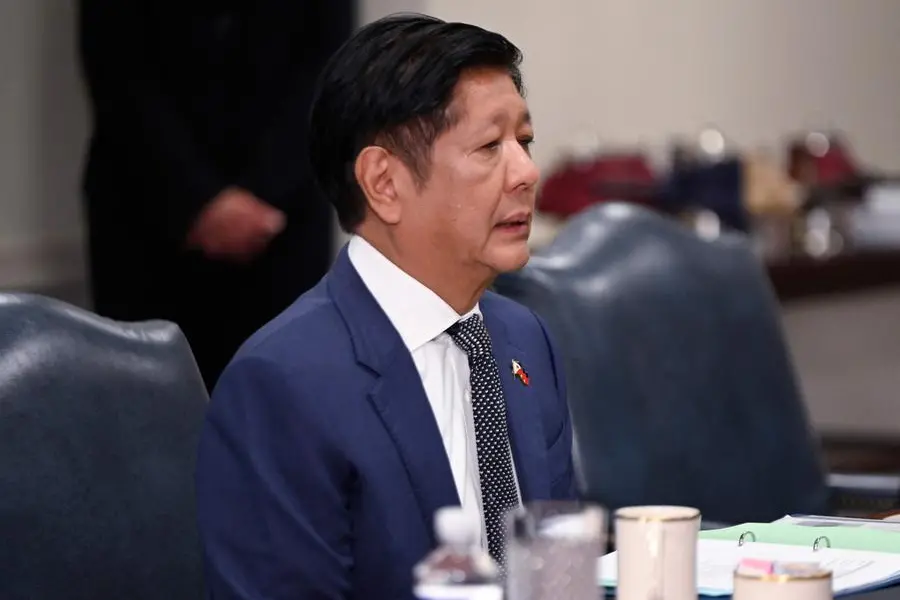PHOTO
President Ferdinand Marcos Jr. has agreed to tag as urgent proposed changes to the controversial Rice Tarrification Law (RTL) that would allow the National Food Authority to sell cheap rice in the markets again.
This comes after House Speaker Martin Romualdez, his cousin, said that tweaking the RTL to reinstate the NFA's original mandate would temper soaring rice prices.
Marcos said in an interview with reporters on Monday that rice prices continue to go up because of prices set by competing traders that the government cannot control.
"I think it justifies the urgent certification," Marcos said.
Rice inflation spiked to a 15-year high in March, accelerating to 24.4% from the 23.7% print recorded in February, based on Philippine Statistics Authority Data.
This is the country's highest rice inflation rate since February 2009, when the increase in rice prices was recorded at 24.6%.
NFA comeback
Romualdez said in an earlier interview that the House of Representatives is targeting to reduce rice prices from the present P40 to 45 / P50 to P30 per kilo by June through amendments of the RTL.
The House is proposing revisions to the RTL that focus on tariff rates, taxes and the expanded authority of the NFA to purchase palay from farmers.
Republic Act No. 11203 or the RTL, which was signed into law in 2019, liberalized the importation, exportation and trading of rice. The law adopted the use of tariffs in lieu of non-tarrif import restrictions, allowing an influex of cheap rice from foreign countries.
The measure, which was hailed by the Duterte administration as an effective price-lowering mechanism, was widely opposed by farmer groups concerned about how the entry of cheap, lower-quality rice could hurt the income of domestic farmers.
The RTL also stripped away most of the NFA's power to regulate the rice sector and restricted its function to buffering the stock of palay for calamities as a response to corruption allegations against NFA officials.
Economic think tank IBON Foundation has recently criticized the five-year law as an ineffective measure at bringing rice prices down, pointing to official data that shows rice inflation has accelerated from 4.%% in February 2019 to 23.7% in February 2024.
The think tank also pointed out that the liberalization of rice had hurt farmers' income. Citing data from the Philippine Statistics Authority, IBON Foundation found that in 2019, rice farmers' net income per hectare decreased by 32% in the dry season, by 47% in the wet season, and by 38% on the average as compared to figures in 2018.
Copyright © 2022 PhilSTAR Daily, Inc Provided by SyndiGate Media Inc. (Syndigate.info).





















